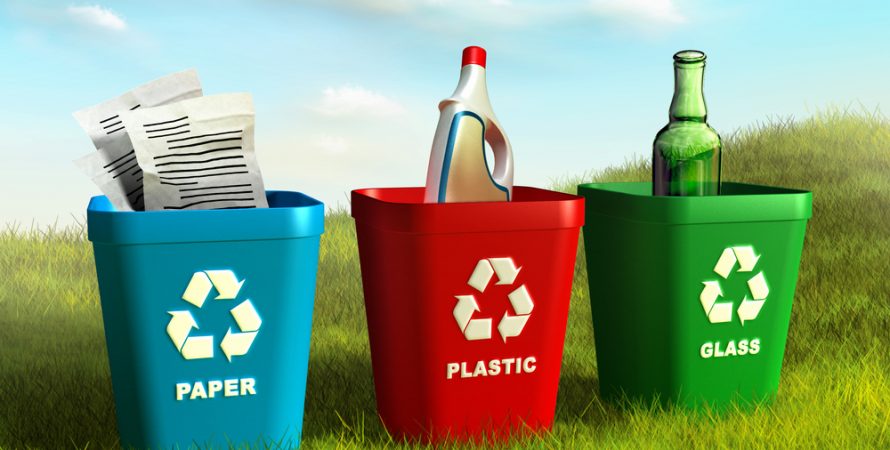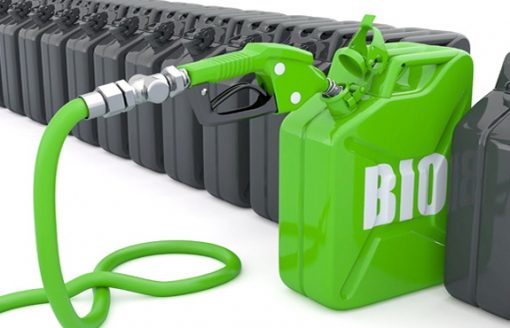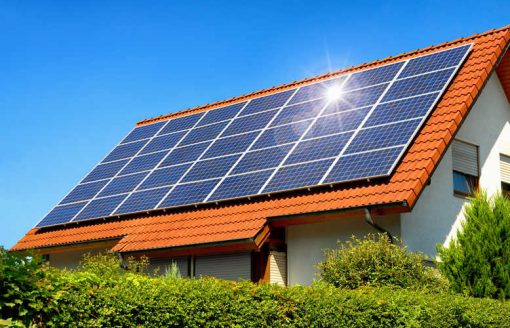The word “electronics” brings computers, DVD players and TVs to mind. But think about how many items around your house have LED time displays. Your house is full of stealth electronics that should stay out of the garbage. From coffee makers to old alarm clocks, many of your old electronics can be refurbished for resale, which reduces the carbon consequences of its production. Truly obsolete items can be broken down for their component materials. Many of those materials are commodities, and others are dangerous to just throw away. That’s why 25 states and D.C. have passed laws requiring electronics recycling.
Small Appliances
Staples recently added single-serve and drip coffee makers to its free electronics recycling program. People tend to think of coffee makers as appliances rather than electronics, but from a recycling standpoint, small appliances contain the same materials as electronics: steel, plastic, batteries and even computer chips. Does your toaster have multiple settings? If so, it probably contains a microchip.
So far, coffee makers are the only kitchen appliance that Staples will accept. But call your local Staples before taking in your coffee maker, as readers have reported some stores do not accept them. Our inquiries produced confirmation that Staples will accept coffee makers, but they limit recycling to seven items per day per customer and won’t accept items that may pose a health or safety risk.
Some curbside recycling programs accept small appliances but check with your local program before putting them in your curbside bin. If your curbside program accepts appliances, they may only salvage scrap metal and discard other reclaimable materials. Private recycling companies can be more thorough.
Handheld Devices
Most of us have obsolete handheld devices scattered around the house with no idea how to get rid of them. Cell phones are the easiest to recycle — you can usually trade in your old phone when you buy a new one. Retro-gamers have created demand for old gaming systems and peripherals. Best Buy refurbishes newer items; GameStop specializes in older systems. But many smaller companies and individuals will recondition older electronics and resell them on eBay or their own websites.
What do you do with tablets, GPS devices, mp3 players, surge protectors and old e-readers? Private electronics recycling companies will usually accept all of these. Some, like Total Reclaim in Washington state, will accept “anything with a battery or cord.” (Use the Earth911 recycling database to find an electronics recycler near you.) If no one in your area accepts the item you need to recycle, there are mail-in programs for small electronics.
Small Items, Big Impact
Most electronic items are small so it’s easy to overlook the volume of garbage they generate. But the U.S. disposes more than 9.4 tons of e-waste every year. Even more important than volume is the damage that component materials can cause. Electronics typically contain harmful metals, such as lead, mercury, arsenic, cadmium, selenium and chromium, all of which can cause adverse health effects in humans and environmental damage. Recycling electronics can be a hassle, but it’s worth the effort.









Global Biofuels Market Is Expected To Reach Around $218.7 Billion in 2022